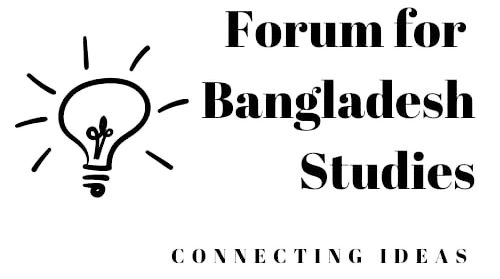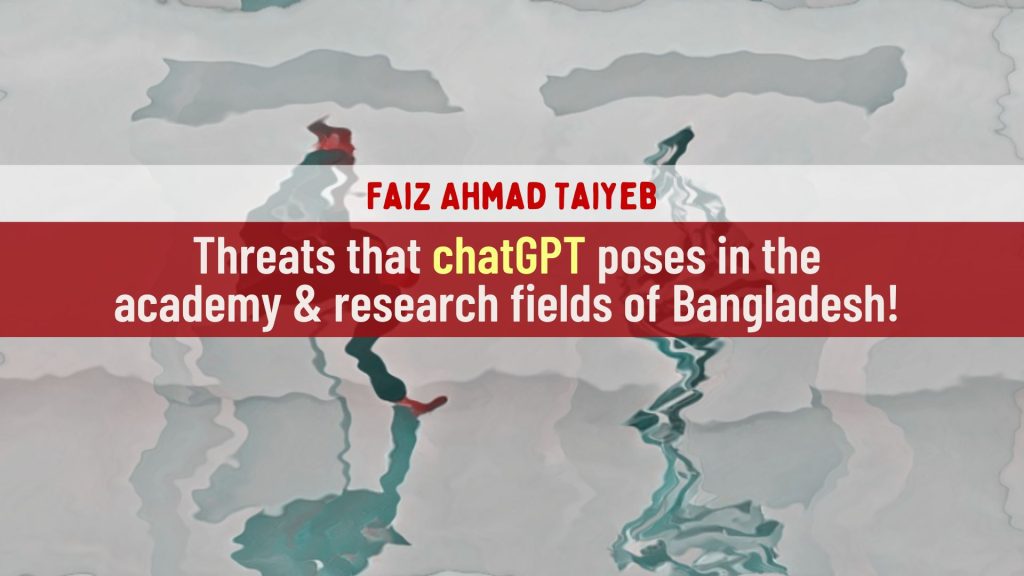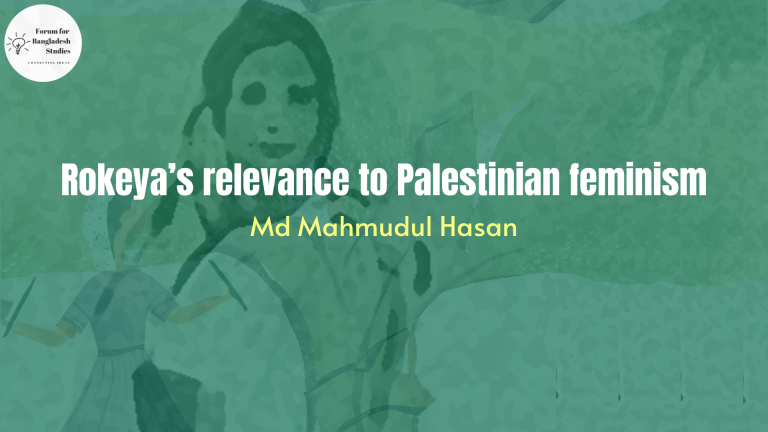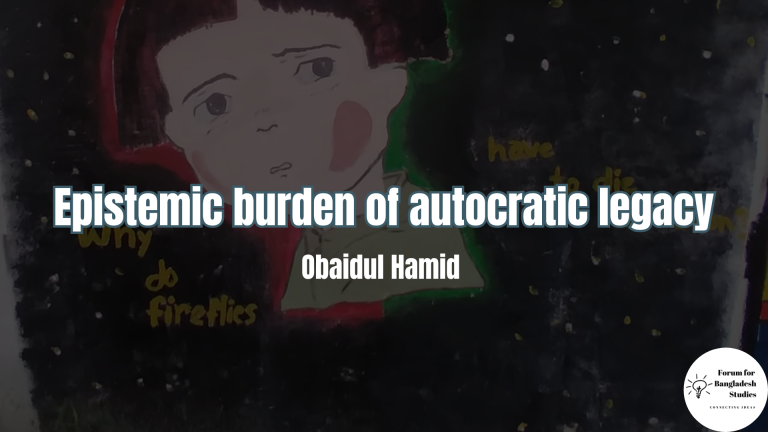OpenAI’s GPT-3 technology, including ChatGPT, has brought about a revolution in the field of artificial intelligence, with its advanced language processing capabilities. However, its widespread availability and accessibility also raise concerns about potential misuse by students and researchers.
One of the ways in which students may misuse GPT-3 technology is by using it to complete their assignments without actually understanding the concepts or problem-solving strategies involved. This can lead to a reliance on the technology and a lack of critical thinking and problem-solving skills. The development of these skills is essential for success in both education and the workforce, and their absence can have a significant impact on a student’s future prospects.
Another way in which students may misuse GPT-3 technology is by using it to plagiarize their assignments. The advanced language processing capabilities of the technology make it possible to generate high-quality text, which can be tempting for students to copy and paste into their own work. This undermines the educational process and devalues the efforts of students who complete their work independently. Plagiarism is a serious offense and can result in academic dishonesty charges, which can have a lasting impact on a student’s future.
Students may use ChatGPT to manipulate their assignments in unethical ways, such as altering or fabricating information. This can have serious consequences, both for the individual student and for the integrity of the education system as a whole.
Researchers may also misuse GPT-3 technology by using it to manipulate or fabricate data in unethical ways. This can compromise the integrity of research and lead to significant consequences for both the individual researcher and the wider scientific & research community.
In addition, GPT-3 technology has the potential to perpetuate biases and perpetuate harmful stereotypes. The technology is trained on a large amount of text data, which includes both explicit and implicit biases. If these biases are not addressed, they can be amplified and perpetuated through the technology’s outputs. This can have serious consequences for marginalized groups and undermine the efforts to address societal inequalities.
In conclusion, the widespread availability and accessibility of OpenAI like ChatGPT, bring both benefits and risks. Educators and researchers, education board & the universities must be aware of the risks associated with the technology and must take steps to minimize them.
The potential misuse of OpenAI’s GPT-3 technology, including ChatGPT, is a significant concern for the education system. To minimize the risks and ensure that the benefits of the technology are realized, the education system must take steps to restrict its misuse, including integrating ethics and responsible use education into the curriculum, monitoring its impact on student learning and development, adopting strict ethical standards for research, addressing biases and harmful outcomes in the technology’s outputs, addressing the potential for malicious use & defining ways to prevent each.
Schools colleges & the Universities need to integrate new technology usage ethics into the curriculum & exam system, violation of such should be regulated with justified penalties. It’s important to educate both the teachers & students on the dangers of plagiarism and the consequences of academic dishonesty. Teachers need to provide students with new guidelines & scopes on AI based text creation, critically evaluate them and avoid conflicts with independent thinking and problem-solving skills.
To restrict the misuse of GPT-3 technology by students & researchers, the education system need to adopt strict ethical standards and guidelines for research, school assignment & online PC based exams. This can include requiring researchers to adhere to ethical standards for data collection and analysis, as well as prohibiting the manipulation or fabrication of data. Researchers should also be required to engage in even deeper & heavily engaged peer review and collaboration to ensure that their work is transparent, accurate, and reliable.
The use of language models such as ChatGPT can also have benefits for education, such as improving students’ writing and communication skills, as long as it is used as a tool to support learning, rather than a replacement for it.
Bangladeshi school exams are mostly in written form, there is growing demand to introduce oral exams & verify presentation skills comprehensively. In Bangladeshi universities plagiarism software is almost not being used, and university thesis & assignments are mostly being copy pasted. Hence there must be new measures. First UCG, the Education board & the Universities must start mandatory use of plagiarism software. Secondly, there must be new measures to prevent copy-pasting texts from open AI, chatGPT itself will launch an AI classifier to detect open AI generated text. Thesis & assignments should be defended in new mechanisms like device free face to face oral & written exams to evaluate student’s & researcher’s understanding level, and critical thinking position. Monitoring chatGPT impact on learning and research, and addressing research biases and other harmful aspects of the technology’s outputs should be taken as a serious concern. The curriculum has to be orchestrated & developed in a new way in the age of open AI.
The UGC can create a dedicated national consortium body with subject matter experts from all the education fields being studied in Bangladeshi institutions & universities. This body can ensure that none of the undergrad grad & post-grad research topics is partially duplicated & mirrored at the national level. The body can also monitor & nurture the quality of Bangladeshi thesis, journals & research papers.
Bangladeshi researchers are scoring extremely poor in the Scopus peer review database & others. According to the world’s largest peer-reviewed database, in 2021 Bangladeshi researchers published only 11,477 against 222,849 from India & 35,663 from Pakistan. Bangladesh scores very poorly in other databases like Web of Science, ABS, ABDC, Scimago too. In the 2020 Scimago review database, Bangladesh had no single Q1 & Q2 research papers, which is a national shame. In Global Knowledge Index 2021, Bangladesh ranked 120th out of 154 countries. Bangladesh ranks 102nd among the 132 economies featured in the Global Innovation Index 2022. In the age of open AI like chatGPT, the research & innovation quality of Bangladesh might go poorer, hence authorities must take steps & actions.
Disclaimer: The writer himself has used chatGPT in preparing this piece.




